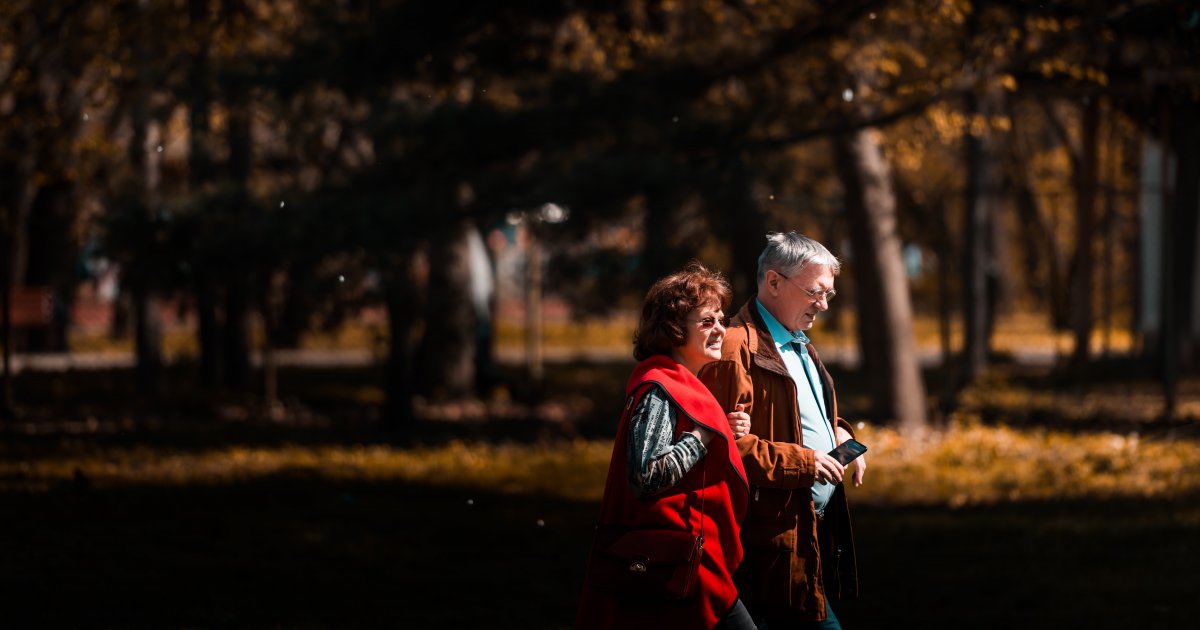Ageism in Cancer
- A 67% increase in cancer incidence is projected for older adults, compared with an 11% increase for younger adults
- But ageism in cancer means many patients are not getting the treatments they need
- A new field called Geriatric Oncology looks at the body as a whole to see how resilient someone is, no matter their age
But for many years, oncologists have been taught that certain treatments — for example, a bone marrow transplant for leukemia — are best suited for those under the age of 65. And a study out of Harvard Medical School found that while women over the age of 80 had similar types of tumors as their younger counterparts, they received less aggressive treatments. The consensus was that toxic chemotherapy, surgery and radiation treatment were not appropriate for the older adult who may be more vulnerable to side effects.
Read MoreWhat to Do About Ageism
While ageism in cancer treatment is beginning to being addressed, patients and their loved ones should be sure to questions about why or why not a certain treatment is being offered.
The main treatments for cancer — including surgery, chemotherapy and radiation therapy — depend on the stage or extent of your disease. Older adults could be a candidate for any of them or a combination of them.
Your oncologist should provide you with options based on your stage of cancer. If you are older, your oncologist could assume that you are not be able to tolerate the toxicity of certain treatments. However, know that your "chronological" age — the number based on the year you were born — can be very different from your more important "physiological" age.
A Geriatric Assessment
Older adults can find out what their "physiological" age is by having a geriatrician perform what is called a comprehensive geriatric assessment.
Here, your memory, chronic diseases and functional abilities are tested, and you undergo a strength, balance assessment that tests frailty, the most common area of concern in aging.
Geriatricians look at you based on certain developmental milestones not that different from what a pediatrician does to understand the "age" and functional status of a child. Studies have used this approach to calculate frailty.
When we think of an 85-year-old, we automatically think that the person is frail. But this is just a guess we make by looking at an individual. Frailty assessment, however, is a scientific approach that can give actual data to asses the individual.
While some surgeons at major cancer centers around the U.S. rely on a geriatrician taking the time to assess the degree of frailty, many others do not. This is unfortunate, as the resulting score lets the oncologist or surgeon understand if you are at high risk or not of having a worse outcome with treatment.
There are presently specific formulas used for older adults to calculate chemotherapy toxicities, for instance. These formulas take into account the aging kidney, muscle strength and type of tumor type. Studies have shown that this formula can accurately predict the adverse effects of treatment, especially in older adults. Additionally, now there are different intensity chemotherapy regimens that can be offered that you should be able to ask about.
Some New Studies Are Looking at Successful Treatments for Older Adults
Traditionally, older adults have been left out of research studies involving cancer treatment as it was assumed that the outcomes will always be poor, but that is also now changing. Whether it is pancreatic cancer or the deadliest glioblastoma brain tumor, these studies are finding that those in their 80's are doing just as well as their younger counterparts in terms of survival rates.
Oncology is now starting to realize that cancer will be more commonly diagnosed in older adults and attitudes will continue to adapt to this reality.
In the meantime, if you feel that you or your loved one is not hearing all of the options be sure to ask about a detailed assessment by a geriatrician and inquire about customized chemotherapy regimens. Additionally, initial studies are showing that newer Immunotherapy treatments are generally better tolerated by older adults. Finally don't be shy to inquire about a clinical trial as more are now including older adults.
Facing cancer is a challenge and you should never feel the sense of helplessness by a mere number that is your age.
Learn more about SurvivorNet's rigorous medical review process.


